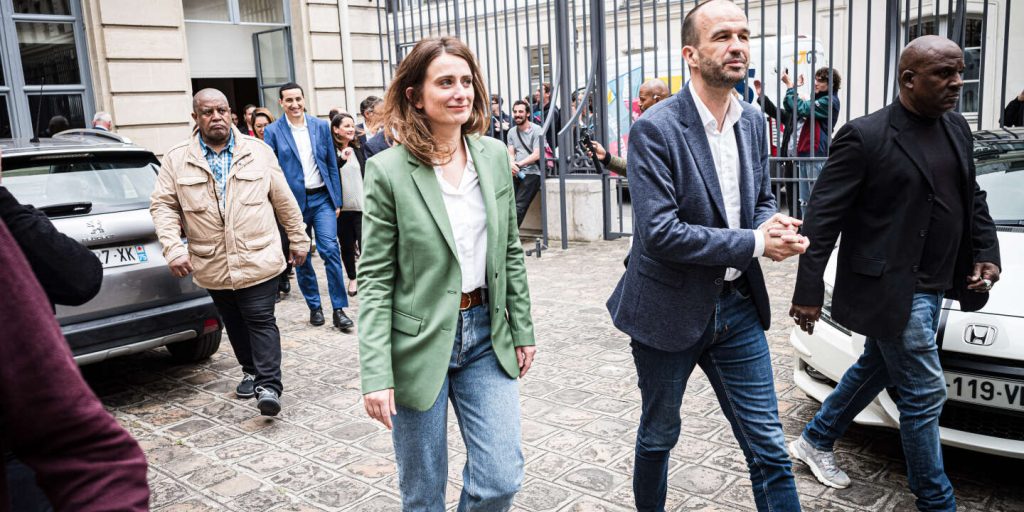In Brittany, the distribution of constituencies under the New Popular Front framework is causing annoyance. Fourteen constituencies have been reserved for candidates from La France insoumise, five for representatives of the Socialist Party, the same number for the Ecologists, and three for the French Communist Party. Many left-wing elected officials in Brittany believe this distribution is “unfair,” “not very strategic,” and “blindly imposed from Paris.” In the recent regional elections in Brittany, Raphaël Glucksmann had achieved his best regional score (18.44%), while Manon Aubry’s party, which is not well-established in the region, only convinced 7% of voters.
Prior to the official endorsements, several local socialist figures began their candidacies throughout the week. Tristan Foveau, a Socialist Party official in Brest, responsible for the party in Finistère, and deputy director of Olivier Faure’s office, announced his candidacy under pressure. However, Mr. Foveau reversed his decision on Friday night to make way for an LFI candidate, stating, “The spirit of responsibility and the gravity of the moment prevail.” Only Sébastien Miossec, a popular PS mayor in Riec-sur-Bélon and president of Quimperlé Communauté, is maintaining an independent candidacy in the 8th constituency of Finistère. Antoine Ravard, the Socialist Party leader in Côtes-d’Armor and candidate in the 3rd constituency of the department, expressed support for the New Popular Front representatives, acknowledging the frustration of those who feel Paris did not select the best profiles.
The allocation of constituencies has sparked debate and division among left-wing politicians in Brittany, with some questioning the decision-making process coming from Paris. While many are supporting the New Popular Front candidates, there are those like Sébastien Miossec who have decided to run independently in defiance of the imposed distribution. The situation has led to tensions within the Socialist Party, with figures such as Tristan Foveau stepping aside in the face of pressure to support LFI candidates, reflecting a complex dynamic within the left-wing political landscape in Brittany.
Given the regional differences in political support and representation within left-wing parties in Brittany, the distribution of constituencies under the New Popular Front has highlighted existing tensions and frustrations. While some are willing to set aside personal ambitions to support the chosen candidates, others see the process as flawed and are choosing to run independently. The regional elections have further exposed these divides and will likely continue to shape the political landscape in Brittany leading up to the national elections.
Overall, the situation in Brittany reflects the broader challenges facing left-wing parties in France as they navigate internal dissent and external pressures. The New Popular Front framework, while aimed at uniting left-wing forces, has inadvertently caused disagreements and divisions among politicians at the regional level. How these tensions are resolved and how the left-wing parties ultimately choose to approach the upcoming national elections will be crucial in determining their success and influence in shaping the political future of Brittany and France as a whole.


